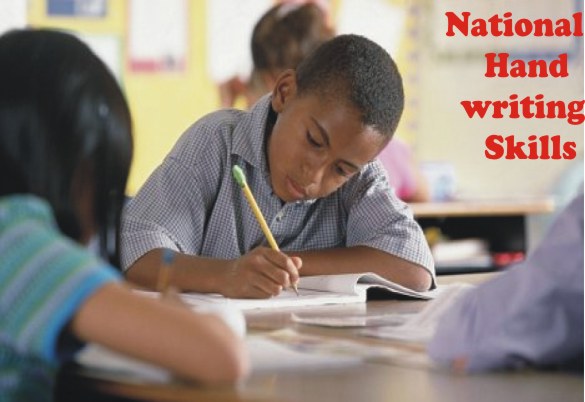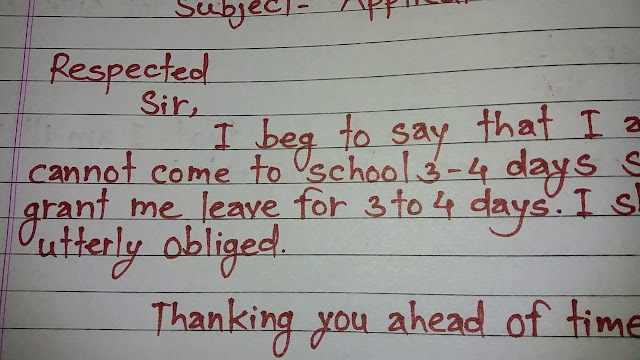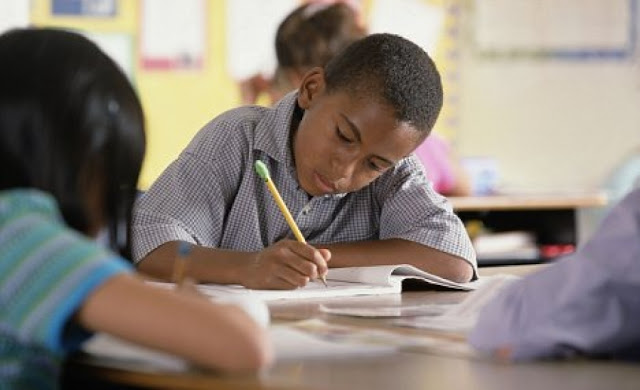LITERACY STRATEGY
Literacy
could be defined as the ability to develop skills in writing, speaking, listening,
thinking, and reading effectively. It is a crucial developmental step that
enables young children, adolescents, and adults to encode and decode information
clearly.
The
development of literacy skills begins at birth, with language development.
Parents and caregivers play a critical role in building infants’ and young
children’s vocabularies. Studies from the
National Early Literacy Panel has shown that children from
middle-income families begin kindergarten with a vocabulary of approximately
20,000 to 30,000 words, whereas children from lower-income families start
school with about 5,000 words. In other words, literacy gaps appear well before
children start school.
The
early year pre-school/elementary school is a critical time for children’s
literacy development. Through the end of third grade, children are “learning to
read,” before making the transition to “reading to learn” in the later elementary
grades. Failure to obtain necessary literacy skills in the early grades
undermines children’s ability to succeed in school and in life, as they move
into the later grades and experience difficulty understanding and achieving in
the content areas. Middle and high school pupils’ reading
scores are a major predictor of whether they will graduate.
Children
who perform poorly in reading achievement tests are 20 times more likely to
drop out than those who perform well. Although,the National Early Literacy Panel
research has been conducted on literacy, including numerous high-quality
evaluations, enabling policymakers and practitioners to identify and focus
resources on effective policies and strategies. They are less confident about
how best to coordinate and combine these tools to create an effective overall
literacy strategy for young learners.
Literacy
development begins at birth even before a child enters kindergarten; as babies
hear words or language used around them.Successful development of language and
literacy skills during the early childhood year’s birth through age 8 is
critical to future literacy achievement.
The
National Early Literacy Panel focuses on effective strategies for promoting
young children’s literacy development (birth through age 5). The panel has
identified 11 early literacy skills and abilities that predict children’s later
literacy success, as measured by pupils reading outcomes at the end of
kindergarten or beginning of first grade. These skills and abilities predict
future reading success regardless of cognitive ability or socioeconomic status.
Ten skills were highly predictive:
(1)
Alphabet knowledge
(2)
Early Decoding
(3)
Fluency
(4) Oral Language skill
(5)
Phonics Awareness
(6)
Phonics
(7)
Phonological awareness
(8)
Phonological Memory
(9)
Print knowledge
(10)
Reading Comprehension
CHART: LITERACY TERMINOLOGY
|
Alphabet
Knowledge
|
The
ability to name the letters of the alphabet and recognize the letter symbol
in print
|
|
Early
decoding
|
The
ability to recognize the basic sounds and sound blends (phonemes) that makes
up a word
|
|
Fluency
|
The
ability to read with speed, accuracy and proper expression
|
|
Oral
language skills
|
Refers
to fluency in speaking and listening, include vocabulary, grammatical
knowledge and narrative- discourse skills
|
|
Phonics
awareness
|
The
ability to focus on and manipulate individual sounds in spoken words
|
|
Phonics
|
The
ability to understand that there is a relationship between the sounds of
spoken language, and the symbols and spelling that represent those sounds
|
|
Phonological
awareness
|
The
understanding that words are made up of sounds and ability to recognize the
initial sound of word, the ending part of a word, patterns among word,
elements of a sentence and syllabus
|
|
Phonological
Memory
|
The
ability to remember the sequence of unfamiliar sounds
|
|
Print
knowledge
|
The
ability to understand print letters, words and book.
|
|
Reading
comprehension
|
The
ability to understand the content of a text.
|



Comments
Post a Comment